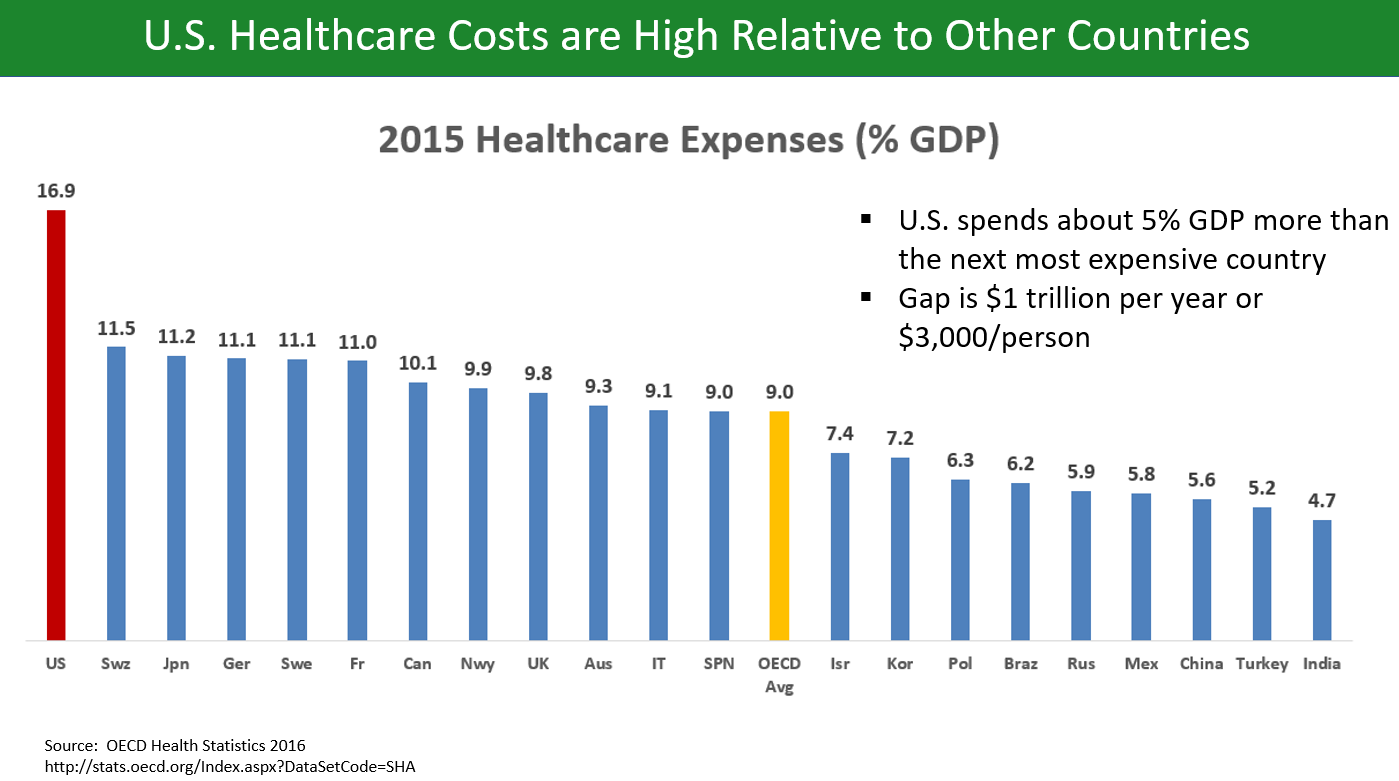Modern human society today enjoys the highest state of health care standards that it has ever known. Aided by advancements in the fields of medicine, nutrition, and medical technology, major diseases have been eradicated, deaths from illnesses have decreased, and previously fatal afflictions such as HIV/AIDS have become treatable or curable.
Between 1990 and 2013, average life expectancy at birth increased by almost ten years for males – from 57.3 years to 64.2 years, while females enjoyed a full decade of increase from 58.2 years to 68.5 years. Last year, the UN projected these figures to be above 70 years for both males and females.
People in every corner of the globe are living longer and in better conditions than generations before them. As a species, humankind has never been healthier and access to health care has never been easier.
But along with the positive developments, an expanding problem is surfacing at an equal pace. Governments from both developed and developing nations now stand at a paradoxical crossroads where high standards of health can be achieved – but at a staggering financial cost and persisting spending inequities.
Who shoulders the growing burden of health care costs?
Across the world, health-related spending has more than doubled from 1970s to mid-2000s, but will only rise at increasing rates, its success ironically putting pressure on a system that has to deal with an ageing population requiring even more health care attention in their latter years.
The World Bank estimates that within the next 20 years, global spending on health care will spiral to over $18 trillion, representing over 9% of total GDP. The US already counts as having the most expensive health care in 2015, with about 17% of its GDP funneled, almost double that of the average OECD block of countries.

While states will still bear the bulk of health care expenditure, most will fail to meet benchmarks for spending per person, meaning that citizens themselves will still have to fork out their own money to access health care.
Even in the European Union, where health standards are the highest and where governments bear the majority of health care costs, personal contributions (otherwise known as out-of-pocket expenditure) on average accounts for more than 20% of national health care expenditures. In countries like Bulgaria and Cyprus, citizens contribute almost half of their countries’ spending.
Why is health so expensive?
The common assumption is that health is getting more expensive because medicine and expertise cost more. However, recent studies have shown that most of these costs are largely due to non-standardized health delivery and inefficient management of health resources. Primarily, existing infrastructure makes it extremely difficult for public health care systems to sustain current levels of service and affordability.
Efforts at addressing these inefficiencies have met moderate success in the EU, including the digitization of medical records, improved operation room analytics and automating medical devices – so it’s of little surprise that health care is arguably better in these countries, while not being as expensive as that in the US.
However, there still needs to be further work in developing a standard and interoperability for health care that will vastly reduce the inefficiencies and mismanagement that exist in health care structures. The disparities in access to to specialists and requirements for treatments are in desperate need for redress.
Can blockchain be the panacea?
While still a nascent technology, blockchain promises unrivaled potential to address the plethora of management issues within the health industry. Its features of transparency, open source development, immutability and security offer a way to eliminate the potential risks of data mismanagement, access limitations, delays in prognosis, and human error.
Its impact on cost could be direct and immediate as well. Theoretically, a blockchain-enabled process for managing data will transition systems from manual and resource-intensive ones to distributed systems, vastly reducing costs associated with maintenance and updating. At the same time, cooperative tech and interoperability will result in delivery models with highly efficient internal processes as well as collaboration and data sharing between hospitals and even national structures – aiding population health management and capital planning.
Further, blockchain-enabled solutions are easily adoptable with minimal infrastructure outlay, without needing expensive new equipment and technology. Particularly for developing nations, this would greatly speed up the digitization of health care towards a standardized approach assisting with lowering operational and regulatory risks. Ultimately, consistent approaches to compliance frameworks and regulations will help developing nations deliver on global health standards.
One innovator attempting to do just this is Healthureum, through a blockchain-based platform that aims to bring together a conglomerate of health-related aspects to operate together on issues of data management, referrals and consultation, and general philanthropy. It sees itself as the future gateway to global standard health care secured by blockchain and smart contract technology, guaranteeing users direct and transparent methods of procuring and paying for medical services globally.
The world’s focus on human developmental goals and indicators will mean that health care will continue to be prioritized. Growing costs will be inevitable – even necessary – but such is the price of progress and global prosperity. But with the simple solution of minimizing waste and inefficiencies of health data management, the crisis of crippling health expenditure may yet be averted and alleviated for decades to come.


